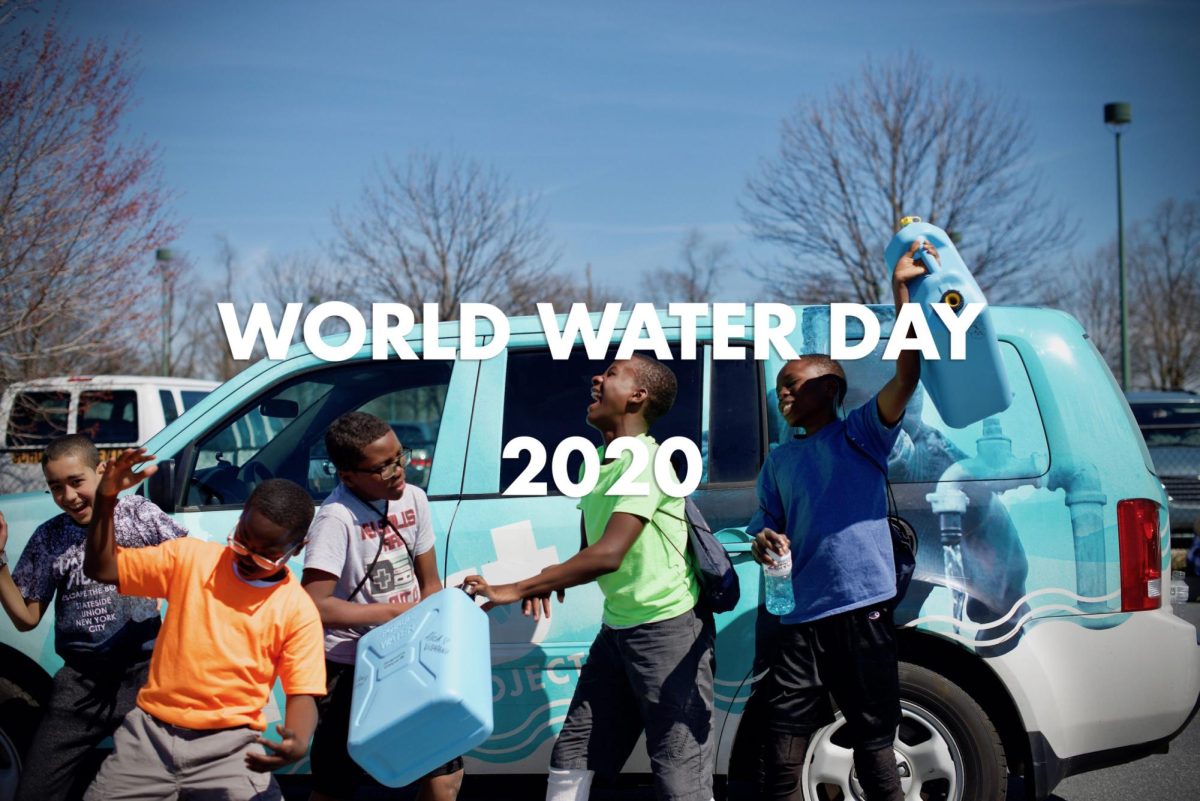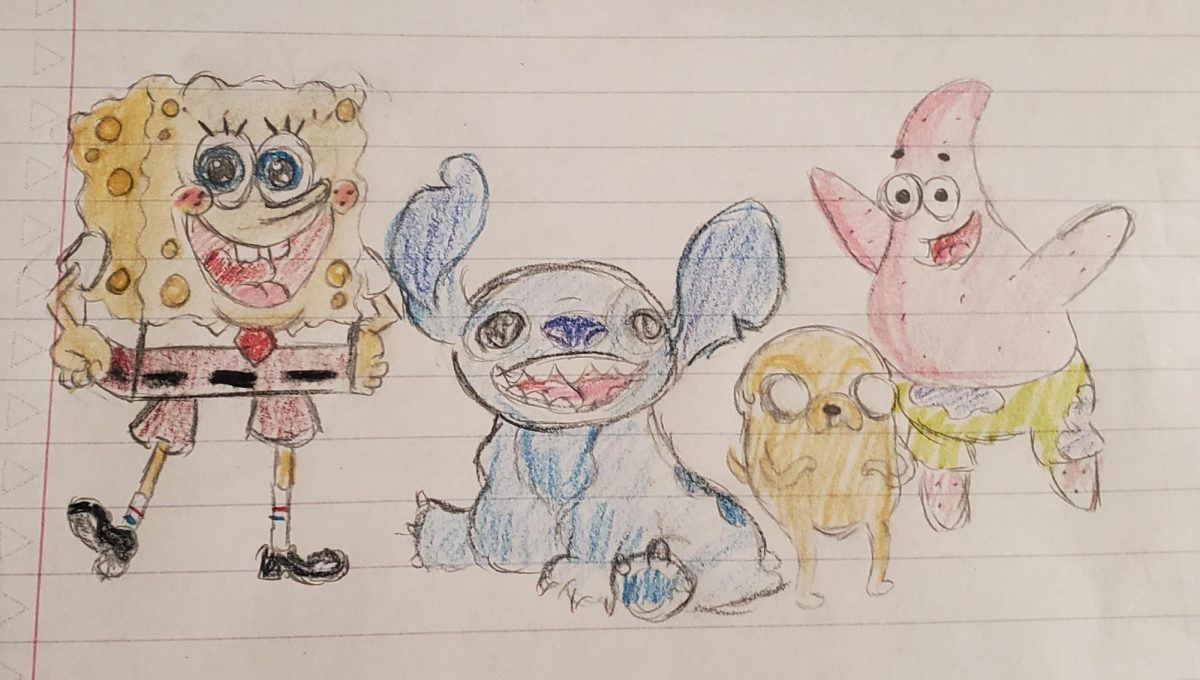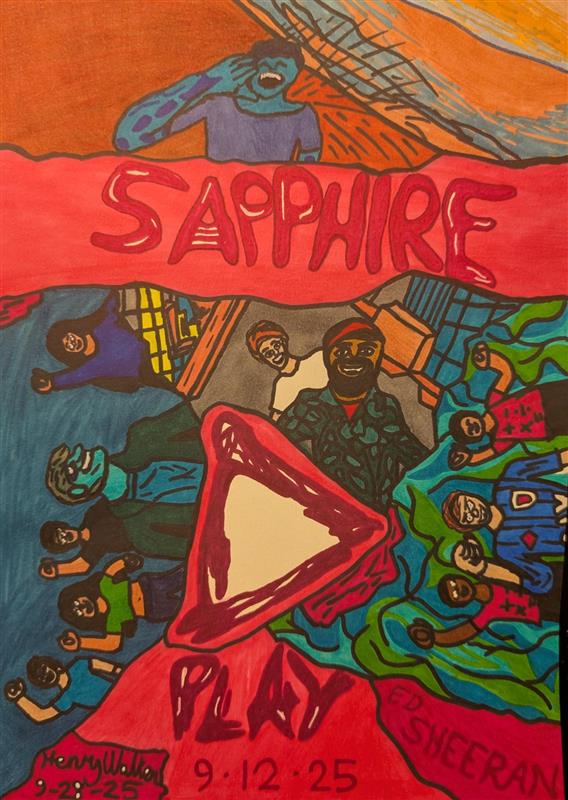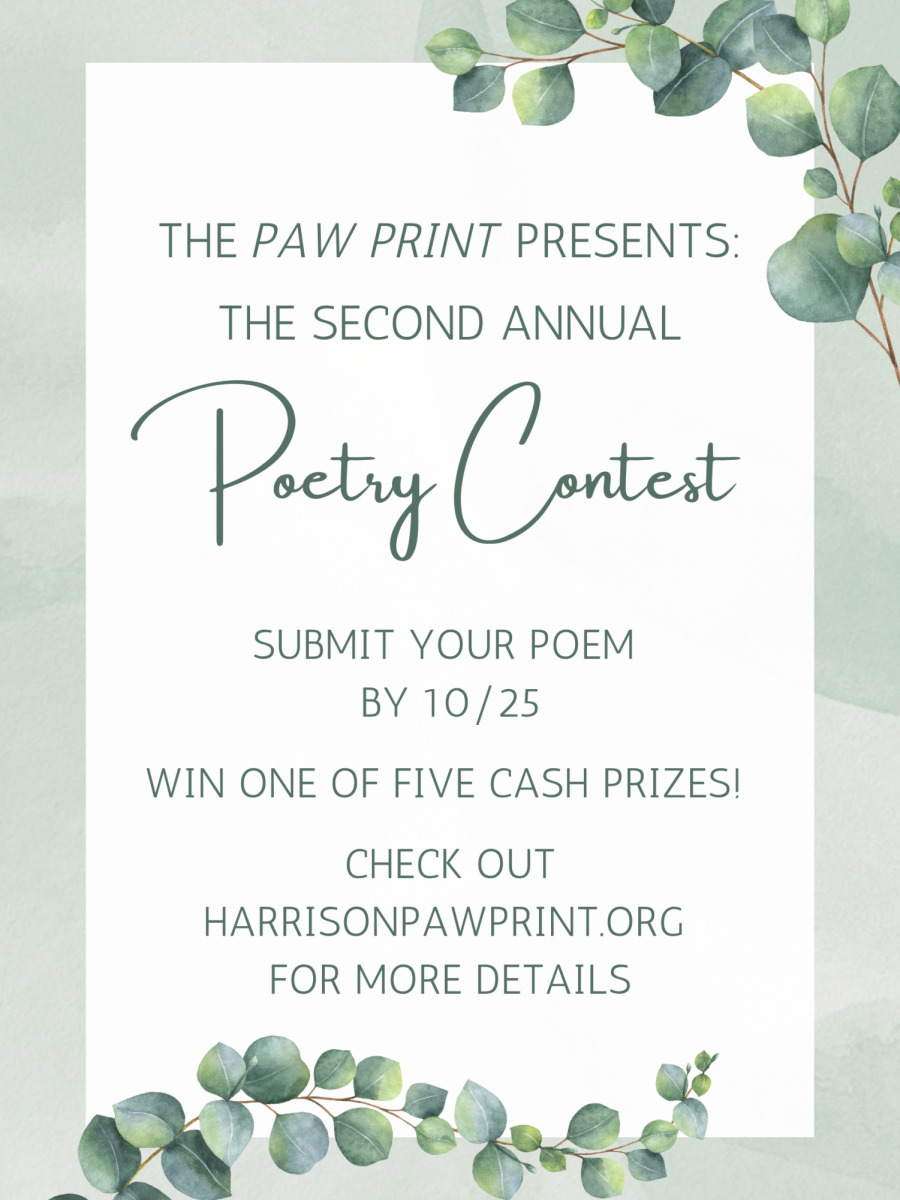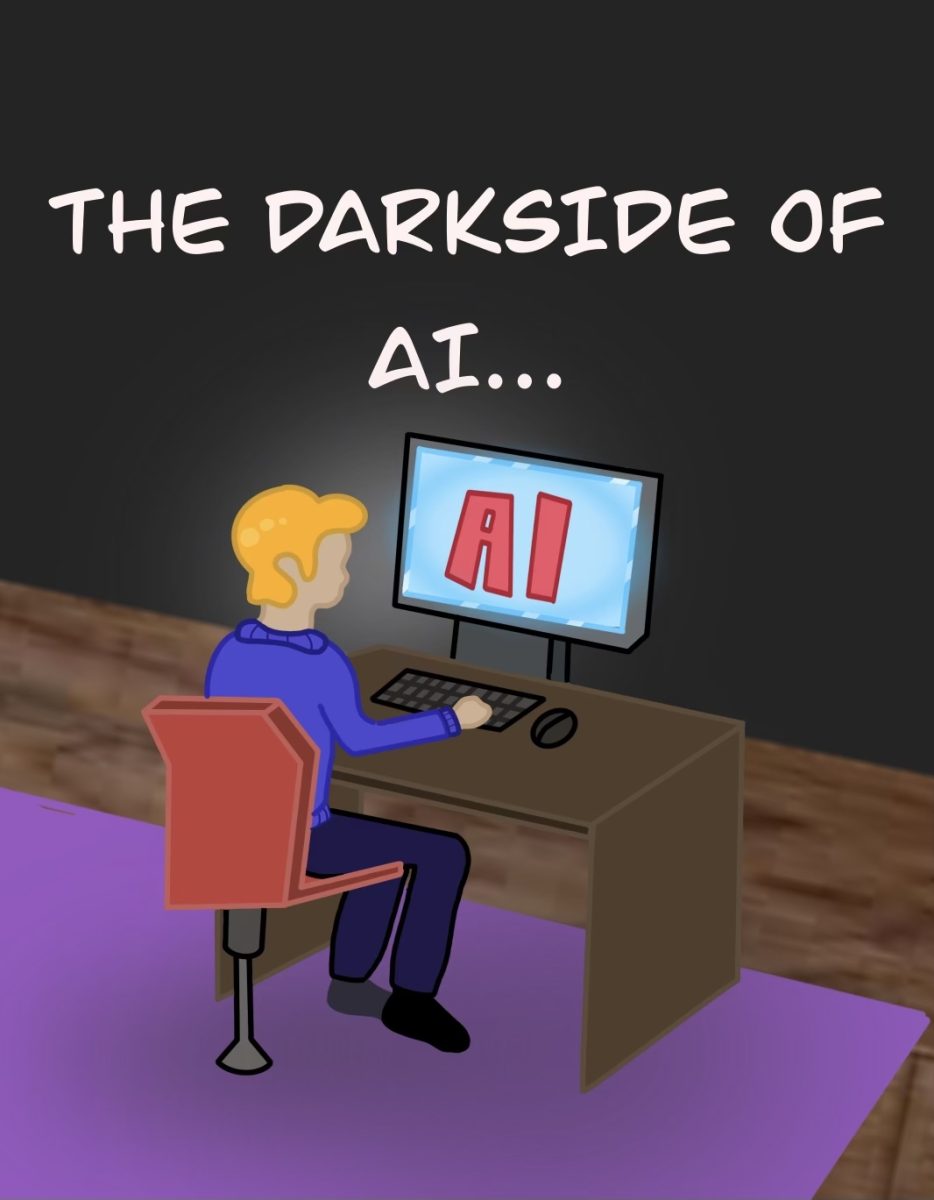Do you use Artificial Intelligence frequently throughout your everyday life? Artificial Intelligence, A.K.A. AI, has grown a lot since its research began in 1956, as scientists have been building and improving it. Now, any regular student or worker is using it increasingly every day. What a lot of people don’t realize is that AI can be extremely harmful to the environment, art, and so much more. Artificial Intelligence was originally designed complete simple tasks, like solving problems and facilitating working processes. But, it has become increasingly clear that there may be an unseen dark side to AI.
The Future of AI
Artificial Intelligence is changing in a multitude of ways daily, but what will AI look like in 10+ years from now? According to Newsroom.ibm, in 2024 around 42 percent of enterprise-scale companies have actively deployed AI in their businesses. Additionally, 92 percent of companies plan to increase their investments in AI technology from 2025 to 2028. This increase in AI usage is worrying people about the future of their jobs with AI progressively evolving. According to CBS news, 13% of entry level jobs are getting cut due to companies replacing employees with AI tools such as ChatGPT and GitHub Copilot. This is especially true for journalists who fear their titles will be replaced by AI. AI experts estimate in the next 20 years 60 percent of journalism jobs will cease to exist.
Pew Research, argues the opposite though, claiming that the future of AI isn’t something to be concerned about. 56 percent of their AI experts claim that Artificial Intelligence will have a positive impact on the United States within the span of 20 years. Although, 36 percent of U.S. adults believe that AI will have a negative impact on the United States. Researchers and the general public seem to be at a stale mate on the topic, unsure wither AI will have a positive or negative impact on the United States in the next 10-20 years. What we all know though is AI is guaranteed to continue to grow.
How does it Affect the Environment?
Artificial Intelligence can be an extremely helpful tool, but can also have detrimental impacts on the natural environment. Training and running AI models can take up an absorbent amount of energy, especially for larger AI models. This energy is usually obtained from fossil fuels. Fossil fuels are contributing to greenhouse gas emissions and climate change across the globe, both which can be exceedingly destructive to our environment and the animals that live in it.
Generative AI, requires tons more energy to run and train compared to regular AI, typically consuming seven to eight times more energy than an average computing workload. If the produced AI hardware is disposed of improperly electronic waste (which contains harmful chemicals) can contaminate the environment. A study from arxiv.org shows that training GPT3 in Microsoft’s state-of-the-art US data centers could have possibly consumed 700,000 liters of fresh water. If this continues, we could potentially be looking at less, readily available fresh water.
The Impact AI has on Art
As Artificial Intelligence continues to grow more over time, our artists have become less creative; why is this the case? AI has become very complex within the last 5-10 years; being able to mimic many artists’ art style and work. As a result, true artists are decreasing as AI expands. It’s possible that in the future, thousands of people may get scammed due to AI being able to generate artist’s work almost perfectly and selling it as authentic pieces. See great art claims that in January 2024, over 16,000 artists have had their art stolen by Artificial Intelligence without getting consent; two of which being famous (Van Gogh & Warhol). Although AI has made a huge impact on the art community, hopefully it will never come to a moment in history where AI replaces artists completely.
The Impact AI has on us
It’s quite the norm to use tools like ChatGPT to help us with work and other things, but how much of an impact has it made on us? A study from psypost.org illustrates that Artificial Intelligence has had a huge impact on decision-making skills, and mental engagement amongst people who use AI frequently. In Pakistani and Chinese societies, it was found that 68.9 percent of laziness, 68.6 percent in personal privacy and security issues, and 27.7 percent in the loss of decision-making are due to AI. It was also observed that AI has the most significate impact on human. This conclusion is understandable especially when looking at our own school where many students use AI to complete assignments.
Although Artificial Intelligence has plenty of negative impacts on us and the environment, many people consider it to be a helpful tool. Everyone has their own opinions on AI, but it is important to consider the negative and positive impacts AI has on us and our world, that way we are not blinded by its dark side.

